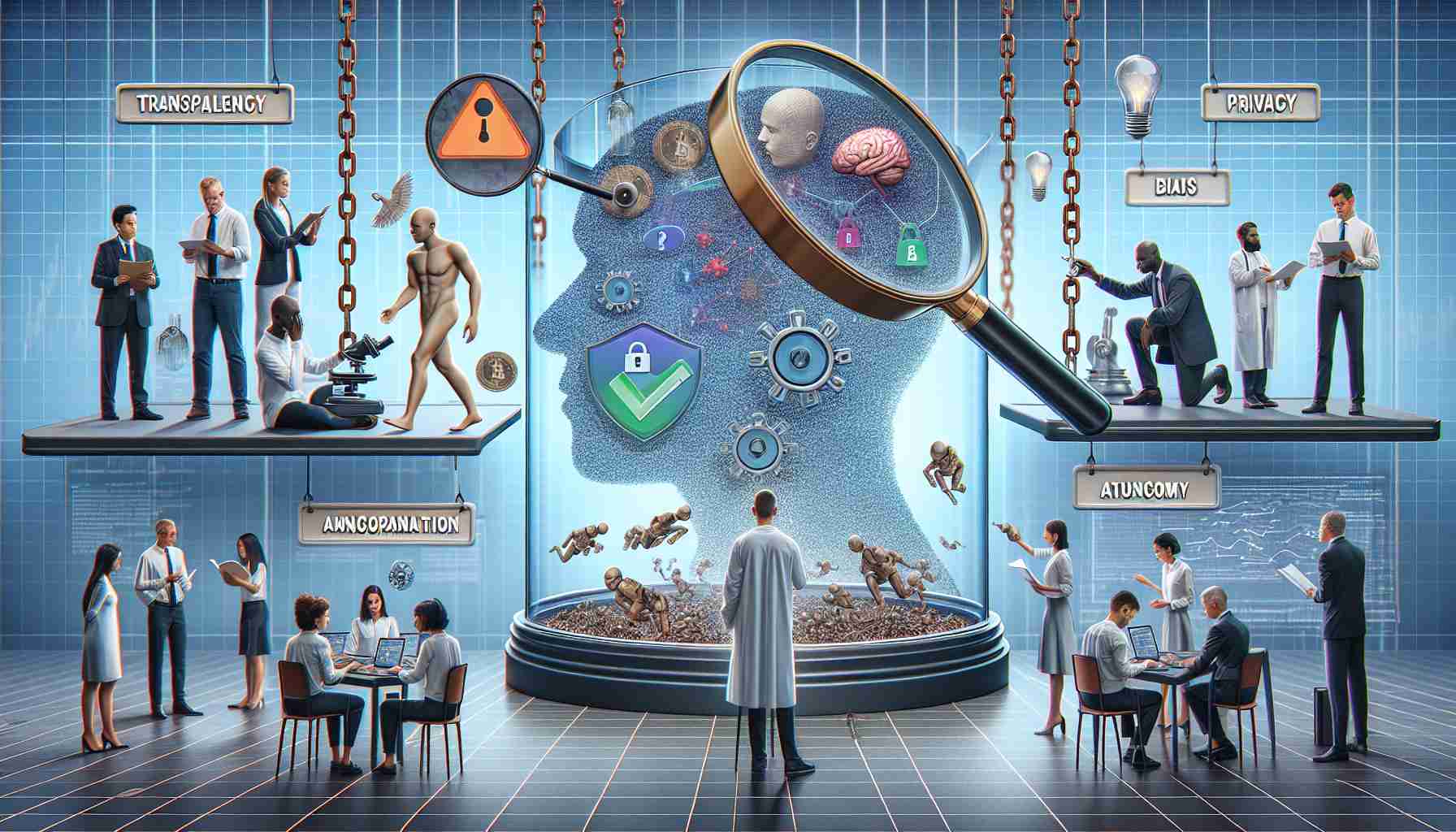Artificial Intelligence (AI) development has brought about significant advancements in various fields, enhancing efficiency and transforming the way we live and work. However, as AI technology continues to evolve, there are ethical considerations that need to be taken into account. This article explores three key ethical implications of AI development.
1. Privacy and Data Security
AI relies heavily on data collection and analysis to make informed decisions. This raises concerns about privacy and data security, as AI systems have the potential to gather vast amounts of personal information without consent or knowledge. Without proper safeguards in place, this data can be misused or exploited, leading to infringements of individual privacy rights and the risk of data breaches. It is crucial to establish clear guidelines and regulations to protect user data and ensure responsible AI development.
2. Bias and Discrimination
AI systems are primarily trained using datasets that incorporate existing human biases. Consequently, these biases can perpetuate discrimination, as AI may make biased decisions or reinforce existing societal prejudices. For instance, facial recognition algorithms have been shown to be less accurate when identifying individuals with darker skin tones. Additionally, AI’s ability to automate decision-making processes, such as hiring or loan approvals, raises concerns about fairness and equal opportunity. To mitigate bias and discrimination, AI models must be trained on diverse and representative datasets and continuously monitored for fairness.
3. Accountability and Transparency
As AI systems become more complex and autonomous, issues arise regarding accountability and transparency. When AI algorithms make decisions, it is often challenging to understand the underlying process or explanation. This lack of transparency can be problematic, as it hinders the ability to hold AI systems accountable for their actions and decisions. Additionally, in cases of AI errors or malfunctions, determining liability becomes problematic. Developing regulations and standards that ensure transparency and accountability in AI development is crucial to maintain trust and address potential negative consequences.
Frequently Asked Questions (FAQ)
What is Artificial Intelligence (AI)?
Artificial Intelligence (AI) refers to computer systems or machines that can perform tasks that typically require human intelligence. These tasks include problem-solving, learning, understanding natural language, and recognizing patterns.
How can the ethical implications of AI be addressed?
Addressing the ethical implications of AI requires a multi-faceted approach. It involves implementing robust privacy and data protection measures, ensuring fairness and equal representation in datasets, promoting transparency in AI algorithms, and establishing legal frameworks to hold AI systems accountable for their actions.
Are there any existing regulations regarding AI ethics?
Several countries and organizations have started to develop regulations and guidelines to address AI ethics. For instance, the European Union’s General Data Protection Regulation (GDPR) includes provisions on AI, emphasizing the importance of privacy and data protection. Similarly, organizations like the IEEE and the Partnership on AI have developed ethical frameworks and guidelines for AI development and deployment.
Sources:
eff.org,
cigionline.org,
weforum.org
The source of the article is from the blog guambia.com.uy
